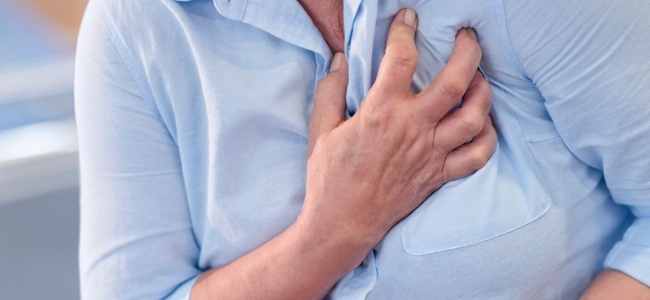Did you know that a cardiac arrest is different from a heart attack?
A simple way to differentiate the two is to think of a heart attack as a circulation problem and a cardiac arrest as an electrical problem. In a heart attack, the heart is still pumping blood, and the patient remains conscious and breathing.
Meanwhile, the heart stops pumping blood in a cardiac arrest, causing the brain to be starved of oxygen. It’s a life-threatening event where the patient becomes unconscious and stops breathing.
What’s important to note is that cardiac arrests aren’t always fatal. Post-cardiac arrest recovery is possible, and if you’ve survived one, there are steps you can take to prevent it from happening again.
Recovering From a Cardiac Arrest: Understanding the Long-Term Outlook
The time frame for full recovery from a cardiac arrest depends on certain factors. For example, how prompt treatment was administered is crucial since coma and brain damage are common side effects of cardiac arrest.
Another factor would be how CPR was performed. Keep in mind that a broken sternum or a fractured rib may result from CPR chest compressions since these require a good amount of pressure and force to properly administer. Of course, a cardiac arrest survivor would need more time to recover if he or she also has to heal from bruising and/or broken bones.
Complete recovery for post-cardiac arrest patients will also depend on their treatment plan. Are they responding well to medications? Do they need cardiac surgery?
And if they do need surgery, what type of procedure is it? You can learn more about this by checking out this cardiac surgery market report or asking your doctor about the most common types of surgery performed for cardiac arrest patients.
Post-Cardiac Arrest: What You Can Do to Support Your Recovery
Aside from following your doctor’s orders, you have to set goals for healthy living to reduce your risk of cardiovascular problems. You see, while heart attacks and cardiac arrests may be different, the two are very much linked. Remember, heart attacks increase your risk of sudden cardiac arrest.
That said, if you survive either a heart attack or a cardiac arrest, eating right, being active, and quitting unhealthy habits such as smoking are a must. Joining a support group is also recommended if you’re feeling anxious after your cardiac event.
Another thing that could help your recovery is a cardiac rehabilitation program. Now, if you’re worried about the costs, you can check with your insurance provider if they cover rehab programs.
Last but not the least, give yourself time to recover. Your recovery journey doesn’t have to be the same as those of other survivors. Listen to your body and immediately call your doctor if you’re feeling chest pains, chronic fatigue, shortness of breath, and so on.
You Got This
As they say, knowledge is power.
Now that you know more about post-cardiac arrest recovery, don’t stop here. Take charge of your health by learning more tips and advice about taking care of your heart.
For more information on heart health, feel free to check out our other posts.


